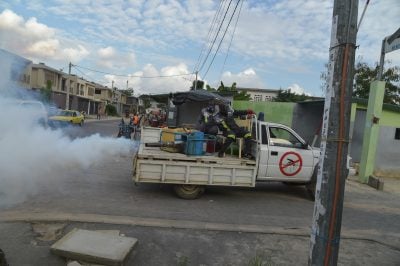According to the UN’s 2017 World Happiness Report, an effort to measure societal contentedness beyond GDP growth, Norway is the world’s happiest country.
Joining it in the top ten are other Nordic countries, a smattering of Western European nations, Australia, Canada and New Zealand. The report lists the main factors supporting happiness as caring, freedom, generosity, honesty, health, income and good governance. It also identifies six “key variables” used to explain happiness differences among countries and through time.
These are income, healthy life expectancy, having someone to count on in times of trouble, generosity, freedom and trust (ie the absence of corruption). For African countries, by contrast, the report makes sombre reading. In an unfortunate reversal of the oft-repeated refrain of recent years – that seven of the 10 fastest growing economies in the world are in Africa – eight of the 10 unhappiest are also on the continent.
So pronounced is the gap that there is an entire chapter, called “Waiting for Happiness”, dedicated to understanding why happiness in Africa lags the rest of the world. It does not offer any clear-cut answers, musing on whether the apparent levels of unhappiness are the result of disappointment with the disconnect between post-colonial aspirations and current realities or whether they are caused by disappointment with the unfulfilled promise of democracy. It is all quite vague.
So what are we to make of these findings?
Such rankings should be treated with scepticism, not least because of the arguably subjective and vague nature of measuring happiness based on criteria like “having someone to count on in times of trouble”, and “generosity”. Some of the results are also counterintuitive.
For example Rwanda, one of the continent’s most stable countries, and an economic success story in recent years, ranks 151 out of a total of 155 countries. Conversely Libya, a country mired in civil war, is supposedly one of Africa’s happiest at rank 68.
Compelling correlation
On this basis alone the reliability of the findings can be questioned. Yet there is arguably a compelling correlation here. The world’s highest ranked regions and countries also have the most developed infrastructure and social services – from education and healthcare, to transportation networks and telecommunications.
For many countries in Africa, despite progress in recent years, these remain major challenges. What exactly constitutes “developed” is of course debatable, and happiness goes beyond simply having functioning infrastructure.
Yet the ranking suggests there is more than an incidental connection between levels of happiness and having access to things like quality healthcare, education, decent infrastructure, security and good service provision. Whatever else might go into being happy, the impact of such factors is difficult to deny.
Want to continue reading? Subscribe today.
You've read all your free articles for this month! Subscribe now to enjoy full access to our content.
Digital Monthly
£8.00 / month
Receive full unlimited access to our articles, opinions, podcasts and more.
Digital Yearly
£70.00 / year
Our best value offer - save £26 and gain access to all of our digital content for an entire year!
 Sign in with Google
Sign in with Google 


